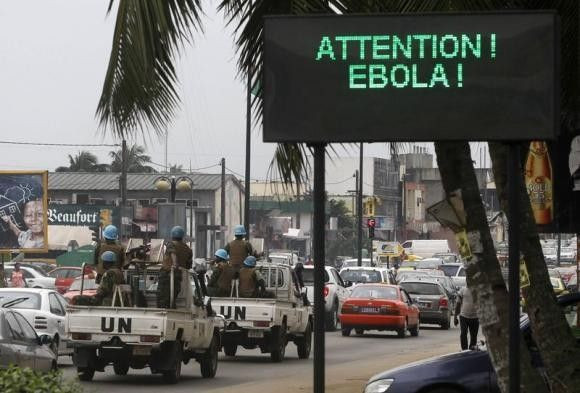WHO Anxious of 1st Senegal Ebola Case, Says It is ‘A Top Priority Emergency’

The WHO has called on the government of Senegal to consider "a top priority emergency" efforts to curb a potential outbreak in the country following reports of a 21-year-old student from Guinea who crossed into the country to go to a Senegalese hospital.
The Senegalese government is currently tracing everyone who could possibly have come in contact with the Guinean student. The 21-year-old student had tested positive for the deadly disease.
WHO is particularly concerned because Senegal is a major hub for transportation, business and aid work in the western African region.
Health Minister Awa Marie Coll Seck said the student went to a hospital in Dakar on Aug. 26 but did not admit he had been in contact with other Ebola victims.
Laboratory results on Friday that same week showed the student has contracted the fatal Ebola.
Before that, the male student had reportedly gone to a medical facility seeking treatment for fever, diarrhea and vomiting on Aug. 23.
Despite that, his complaints were all symptoms of Ebola, he was only treated for malaria. As such, he continued to stay with his relatives before deciding to have himself checked again at a different hospital on Aug. 26.
Dr Gallaye Ka, a doctor monitoring his case in Dakar, said in an interview with the private radio station RFM that the Guinean student "is doing very well."
"This morning when I called the hospital, the doctor told me that the patient had no complaints and that his fever had disappeared."
Senegal has become the fifth country in the western African region afflicted with what is considered the worst Ebola outbreak on record.
Latest figures released by the WHO revealed more than 3,000 suspected and confirmed Ebola cases have been reported in West Africa. Over 1,500 people have died of the virus.
The entry of Ebola in Senegal is worry global health experts because it could further complicate efforts to control the maddening outbreak.
Senegal had closed its land border with Guinea as well as banned air and sea travel from Sierra Leone and Liberia.





















